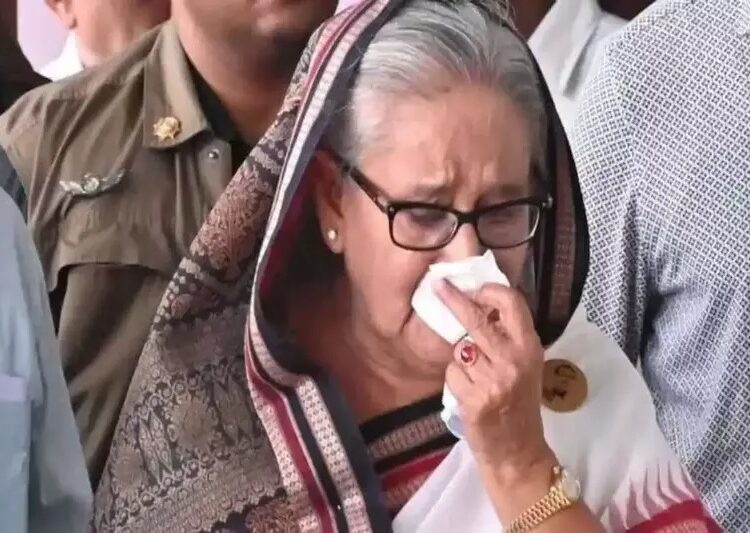Bangladeshi Prime Minister Sheikh Hasina has resigned after weeks of deadly anti-government protests, ending over two decades at the top of the country’s politics.
Ms Hasina, 76, fled the country, reportedly landing in India on Monday. Jubilant crowds took to the streets to celebrate the news, with some storming the prime ministerial palace, reportedly looting and vandalising parts of her former residence.
Army chief Waker-Uz-Zaman said the military would begin talks on forming an interim government.
Hours after Ms Hasina’s resignation, President Mohammed Shahabuddin ordered the release of jailed former prime minister and opposition leader Khaleda Zia.
In a televised address on Monday afternoon, Waker-uz-Zaman said an interim government would be formed. He added that he would meet President Mohammed Shahabuddin and hoped a “solution” would be found by the end of the day.
The army chief said he had already spoken to the country’s opposition political parties but needed to make clear who would head the new government. He urged Bangladeshis to trust the army, adding that “all killings, all injustice” would be “examined”.
Protesters were seen carrying out furniture from the prime minister’s residence.
In Dhaka, police and other government buildings were attacked and set on fire. Protesters attempted to tear down a statue of independence leader Sheikh Mujibur Rahman, Ms Hasina’s father.
Army and police units were deployed across the city. Mobile phone service was reportedly cut off for several hours before being restored.
At least 66 people were reported killed on Monday by the AFP news agency.





